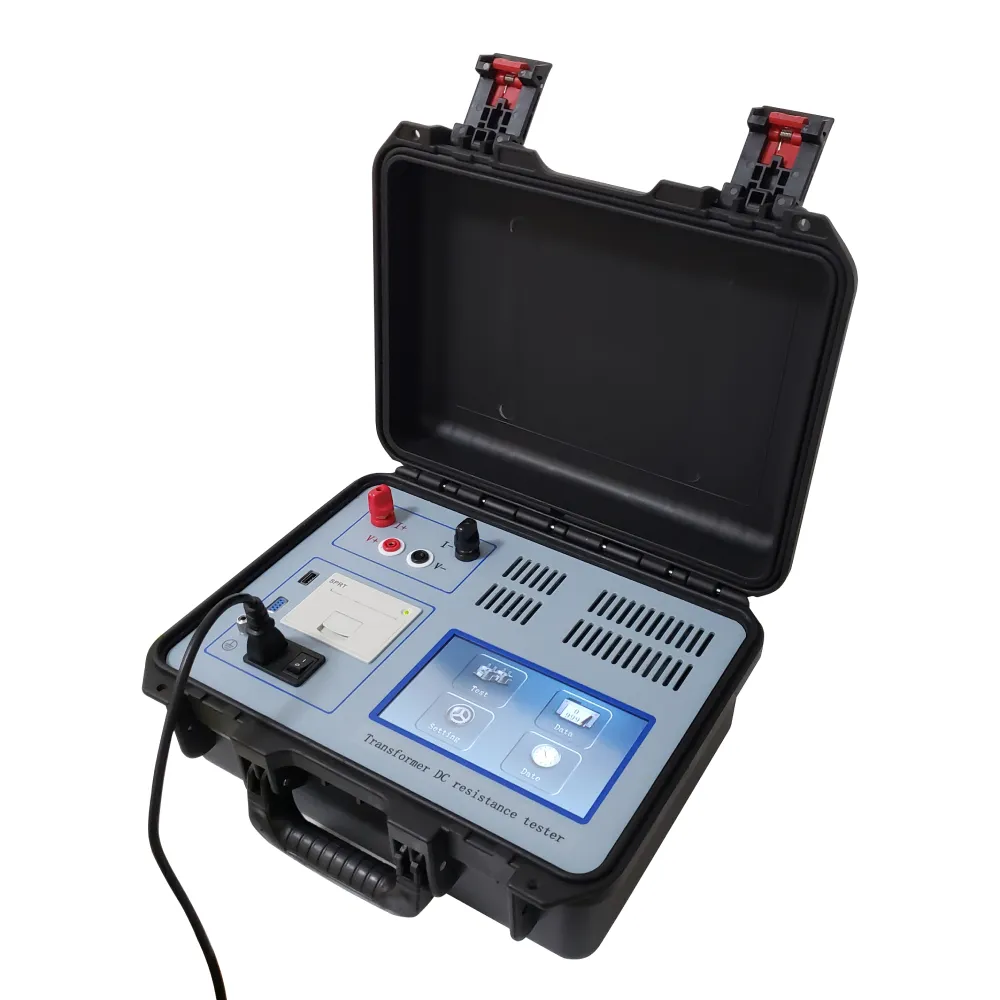TEL:
+86-0312-3189593
 English
English

Telephone:0312-3189593

Email:sales@oil-tester.com

-
 Afrikaans
Afrikaans -
 Albanian
Albanian -
 Amharic
Amharic -
 Arabic
Arabic -
 Armenian
Armenian -
 Azerbaijani
Azerbaijani -
 Basque
Basque -
 Belarusian
Belarusian -
 Bengali
Bengali -
 Bosnian
Bosnian -
 Bulgarian
Bulgarian -
 Catalan
Catalan -
 Cebuano
Cebuano -
 China
China -
 China (Taiwan)
China (Taiwan) -
 Corsican
Corsican -
 Croatian
Croatian -
 Czech
Czech -
 Danish
Danish -
 Dutch
Dutch -
 English
English -
 Esperanto
Esperanto -
 Estonian
Estonian -
 Finnish
Finnish -
 French
French -
 Frisian
Frisian -
 Galician
Galician -
 Georgian
Georgian -
 German
German -
 Greek
Greek -
 Gujarati
Gujarati -
 Haitian Creole
Haitian Creole -
 hausa
hausa -
 hawaiian
hawaiian -
 Hebrew
Hebrew -
 Hindi
Hindi -
 Miao
Miao -
 Hungarian
Hungarian -
 Icelandic
Icelandic -
 igbo
igbo -
 Indonesian
Indonesian -
 irish
irish -
 Italian
Italian -
 Japanese
Japanese -
 Javanese
Javanese -
 Kannada
Kannada -
 kazakh
kazakh -
 Khmer
Khmer -
 Rwandese
Rwandese -
 Korean
Korean -
 Kurdish
Kurdish -
 Kyrgyz
Kyrgyz -
 Lao
Lao -
 Latin
Latin -
 Latvian
Latvian -
 Lithuanian
Lithuanian -
 Luxembourgish
Luxembourgish -
 Macedonian
Macedonian -
 Malgashi
Malgashi -
 Malay
Malay -
 Malayalam
Malayalam -
 Maltese
Maltese -
 Maori
Maori -
 Marathi
Marathi -
 Mongolian
Mongolian -
 Myanmar
Myanmar -
 Nepali
Nepali -
 Norwegian
Norwegian -
 Norwegian
Norwegian -
 Occitan
Occitan -
 Pashto
Pashto -
 Persian
Persian -
 Polish
Polish -
 Portuguese
Portuguese -
 Punjabi
Punjabi -
 Romanian
Romanian -
 Russian
Russian -
 Samoan
Samoan -
 Scottish Gaelic
Scottish Gaelic -
 Serbian
Serbian -
 Sesotho
Sesotho -
 Shona
Shona -
 Sindhi
Sindhi -
 Sinhala
Sinhala -
 Slovak
Slovak -
 Slovenian
Slovenian -
 Somali
Somali -
 Spanish
Spanish -
 Sundanese
Sundanese -
 Swahili
Swahili -
 Swedish
Swedish -
 Tagalog
Tagalog -
 Tajik
Tajik -
 Tamil
Tamil -
 Tatar
Tatar -
 Telugu
Telugu -
 Thai
Thai -
 Turkish
Turkish -
 Turkmen
Turkmen -
 Ukrainian
Ukrainian -
 Urdu
Urdu -
 Uighur
Uighur -
 Uzbek
Uzbek -
 Vietnamese
Vietnamese -
 Welsh
Welsh -
 Bantu
Bantu -
 Yiddish
Yiddish -
 Yoruba
Yoruba -
 Zulu
Zulu
ಜನ . 14, 2025 11:13
Back to list
PS-1001 Oil breakdown voltage tester
Transformer oil plays a crucial role in the efficient functioning and longevity of transformers. It provides insulation, cooling, and also works to suppress corona and arcing. Thus, ensuring the quality of transformer oil through rigorous testing is paramount. Understanding the standards associated with transformer oil tests is essential for maintaining both safety and performance in electrical systems.
Authority in the domain is demonstrated through continuous research and adaptation to new insights and technological advancements. For instance, the integration of online monitoring systems for transformer oil is a growing trend, offering real-time data that enhances predictive maintenance strategies. Engineers who specialize in electrical systems assert that these advancements supplement traditional testing, providing a comprehensive view of the oil's condition and contributing to informed decision-making in maintenance schedules. Trustworthiness in transformer oil testing is established through transparency and adherence to best practices. Companies leading in this space often publish their methodologies and align them with global standards, allowing for external audits and certifications from reputable bodies. The emphasis on certification from organizations such as the Institute of Electrical and Electronics Engineers (IEEE) helps assure stakeholders of the test results' reliability and accuracy. In conclusion, understanding and implementing transformer oil test standards is a multifaceted process that blends experience, expertise, authority, and trustworthiness. By engaging with industry best practices and leveraging both traditional and modern technologies, businesses can ensure the optimal performance and longevity of their electrical transformers. This comprehensive approach not only safeguards infrastructure but also promotes operational efficiency and safety, underpinning the crucial role transformers play in our daily lives.


Authority in the domain is demonstrated through continuous research and adaptation to new insights and technological advancements. For instance, the integration of online monitoring systems for transformer oil is a growing trend, offering real-time data that enhances predictive maintenance strategies. Engineers who specialize in electrical systems assert that these advancements supplement traditional testing, providing a comprehensive view of the oil's condition and contributing to informed decision-making in maintenance schedules. Trustworthiness in transformer oil testing is established through transparency and adherence to best practices. Companies leading in this space often publish their methodologies and align them with global standards, allowing for external audits and certifications from reputable bodies. The emphasis on certification from organizations such as the Institute of Electrical and Electronics Engineers (IEEE) helps assure stakeholders of the test results' reliability and accuracy. In conclusion, understanding and implementing transformer oil test standards is a multifaceted process that blends experience, expertise, authority, and trustworthiness. By engaging with industry best practices and leveraging both traditional and modern technologies, businesses can ensure the optimal performance and longevity of their electrical transformers. This comprehensive approach not only safeguards infrastructure but also promotes operational efficiency and safety, underpinning the crucial role transformers play in our daily lives.
Previous:
Latest news
-
Exploring the Main Types of Industrial Endoscopes and Their Applications Across IndustriesNewsJul.04,2025
-
Testing Equipment Industry Sees Major Advancements in 2025: Smart & Precision Technologies Lead the WayNewsJun.06,2025
-
Applications of Direct Current Generators in Renewable Energy SystemsNewsJun.05,2025
-
Hipot Tester Calibration and Accuracy GuidelinesNewsJun.05,2025
-
Digital Circuit Breaker Analyzer Features and BenefitsNewsJun.05,2025
-
Benefits of Real-Time Power Quality Monitoring Devices for Industrial EfficiencyNewsJun.05,2025



